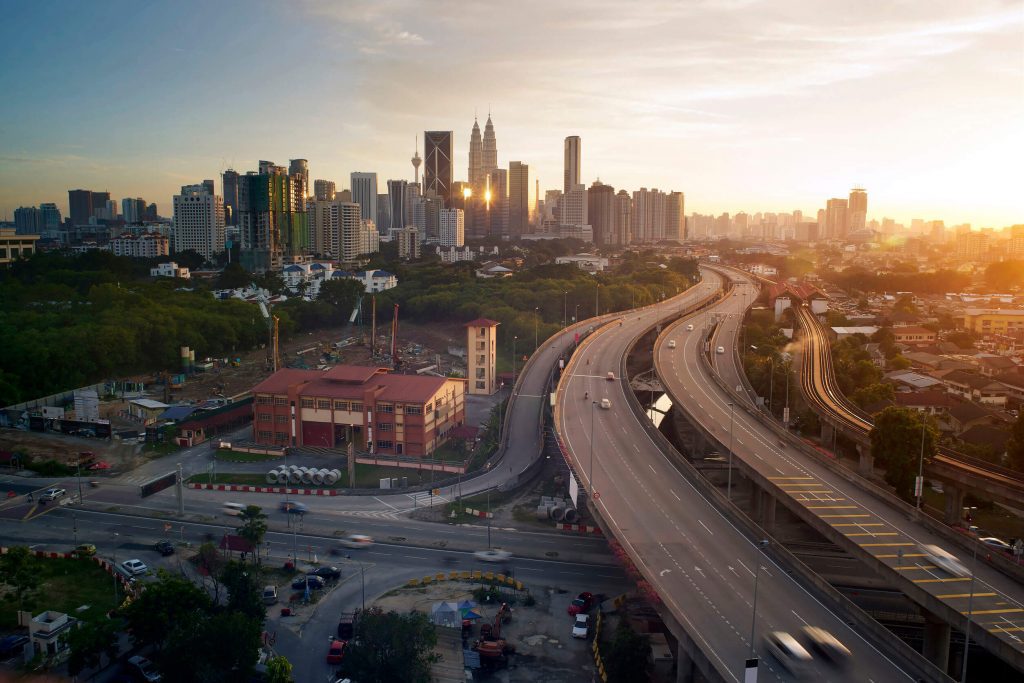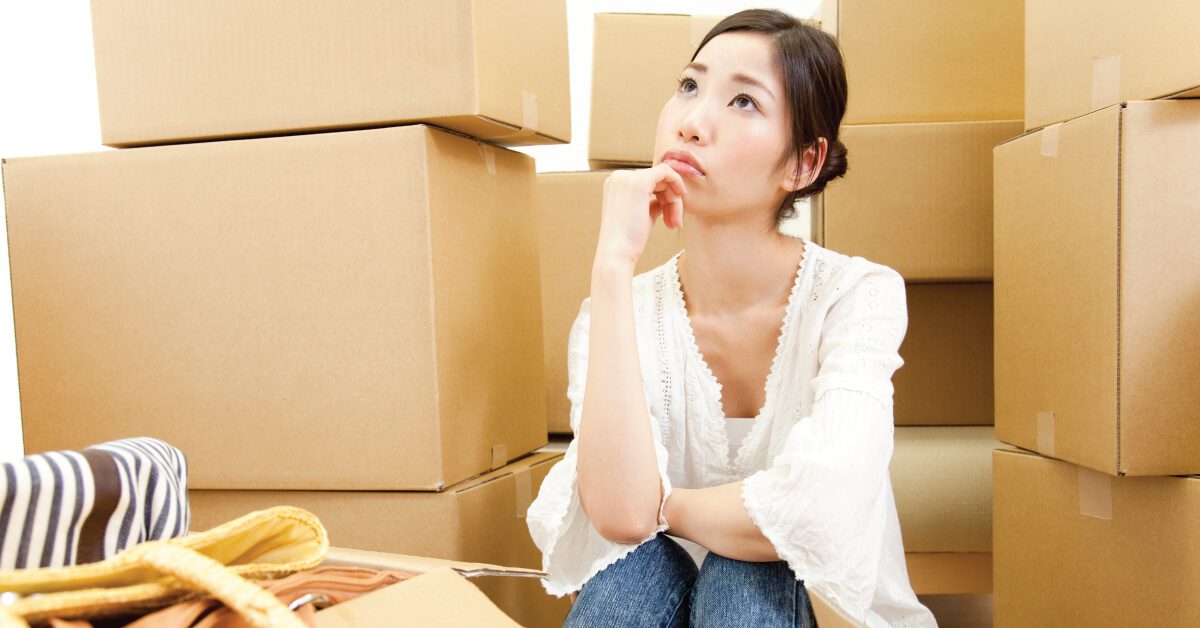What to Do in Kuala Lumpur: 3 Practical Tips Before Moving
It’s exciting to get that new opportunity – one that means you will need to relocate to the nation’s capital: Kuala Lumpur. Before you start dreaming of big city lights and enjoying the nightlife, best be prepared for the change you need to deal with. Short stays and visits don’t really give you enough of an idea what it means to work and live in the Klang Valley if you’ve lived elsewhere most of your life. Here’s the lowdown of useful things you should know to make the transition easier.

by TheLorry on 3 August 2025.
Moving to Kuala Lumpur? It’s thrilling! But before you picture sparkling skyscrapers and bustling nightlife, you need to prepare practically. This article shares three essential insights—living expenses, local transport, and renting challenges—to help your transition smoother and smarter.
Kuala Lumpur is expensive
Best get used to this one. Though you might think you know how much it costs to survive in KL, consider revising your estimates by 20 per cent. While KL is the most developed as far as infrastructure is concerned, all that comes with a price. Say goodbye to eating out for less than RM10 and if you drive, the combined amount of toll, petrol and parking could make you weep. Residents of KL put up with the high cost of living in exchange for better amenities and prospects but it can take some time for people from small towns to get used to the much higher prices.
The only other city that would come close in experience where expense is concerned is Johor Bahru, but even JB is still a tiny bit cheaper than KL. Have some emergency savings handy for unexpected expenses or at least know who you can contact if for some reason you’re in a bind.
Kuala Lumpur is often more expensive than smaller Malaysian cities. You may need to budget 20% more, especially when it comes to meals, fuel, tolls, and parking. Eating out under RM10 is rare these days—plan for RM15–30 per casual meal.
Living in KL means heavier costs, but also better amenities. If you’re shifting from a smaller town, factor in more than just your basic essentials. Keep emergency savings (e.g. RM2,000–5,000) handy, and know local contacts to lean on if needed. KL isn’t shy about charging for its perks. Compared to Penang or Ipoh, the cost of living in Kuala Lumpur can easily be 20% higher—and that’s being conservative. While affordable street food is still around, don’t expect to dine out daily under RM10.
Expenses to consider:
| Category | Typical Cost (Monthly) |
|---|---|
| Rent (1-bedroom city) | RM 1,500–2,800 |
| Utilities & Internet | RM 250–400 |
| Groceries | RM 500–800 |
| Petrol, Toll, Parking | RM 300–600+ |
If you’re used to small-town rates, be ready for toll roads, parking fees, and Grab rides that can quickly eat into your salary.
Source: Numbeo KL Cost of Living Breakdown
💡 Tip: Save 2–3 months’ expenses as a buffer. It’s not just rent—it’s relocation survival.

Navigating KL: Transport Is a Mixed Bag
Transit in KL is widely available—but not always reliable.
-
Public transport (LRT/MRT, buses, taxis): rail lines are convenient, but some runs (like older lines) can be slow or delay-prone. Buses don’t always run punctually.
-
Ride-hailing/taxis: insist on the meter. If drivers refuse, note the plate and report to SPAD.
-
Driving in KL: frequent traffic jams, tolls, petrol, parking and ongoing construction make driving costly and time‑consuming. Always have a backup route saved in Google Maps or Waze.
Plan your home location and daily commute together—it matters more than price alone.
Transport: Easy on Paper, Tricky in Practice
At first glance, Kuala Lumpur’s public transport is impressive: trains, buses, e-hailing, and more. But let’s unpack the reality.
The Pros:
-
MRT/LRT/Monorail covers major areas (KLCC, Bukit Bintang, Bangsar)
-
Apps like Moovit, Grab, and Waze simplify planning
-
Expansion projects are ongoing, like the MRT Putrajaya Line
The Cons:
-
Some older train lines experience frequent delays
-
Buses, especially outside the city center, can be unreliable
-
Driving? Prepare for peak-hour gridlock and unexpected construction reroutes
Taxi Advice: Always ask drivers to use the meter. If they don’t, record the license plate and report it to APAD Malaysia.
Useful Link: RapidKL Route & Schedule
It’s both easy and hard to get around
Kuala Lumpur has a host of public transportation options: rail, buses and taxis are all options. What no one tells you is that one of the rail lines is slow and unreliable, that the buses often don’t come on time and that taxi drivers often ‘forget’ to use the meter.
Having your own car doesn’t make it easier either. KL jams make travelling a test of your patience and the contents of your wallet. There’s a lot of construction going on, which means traffic obstruction and rerouting happen frequently so you’ll have to learn backup routes in case your regular one doesn’t work. Still, at least in this smartphone age you have apps such as Google Maps and Waze to help you figure how to get around.
RapidKL’s website and Facebook page are good sources to get information on train and bus routes, though the latter can be tricky schedule-wise. As for taxis, make sure the driver will use the meter and if the driver doesn’t, just take down the taxi’s license plate and report the errant taxi to SPAD.
The good news is that more rail stations are being built but the question is: will your workplace and home be accessible to either? You’ll have to consider that when figuring out where to stay.
Renting in KL: Lay the Groundwork First
Securing a rental usually means a two-month deposit, plus first month’s rent. Affordable housing likely lies further from the city, but longer commutes and transport costs reduce the savings.
Before committing:
-
Verify proximity to highways and public transport.
-
Calculate travel time to work, clinics, shops, schools, and emergency services.
-
Evaluate if slightly higher rent near TTDI, Bangsar, or Mont Kiara is worth it for reduced commute time.
Explore neighbourhoods via internal blogs or listings on thelorry.com for firsthand experiences and property tips.
Finding a room to rent can be challenging
Most rentals will ask for two months of deposit at least and finding affordable digs can be a headache, especially when trying to find one that makes work accessible. Living further out of KL might get you cheaper rent but the travel time and travel costs might not make it worth it. Consider living closer at slightly higher rent, it may work out to be a more practical solution.
Get the lay of the land carefully before deciding and consider what options your place of residence will offer you. Ask yourself a few pertinent questions and don’t feel rushed to settle too quickly.
- Is it near major roads or highways?
- Are public transportation options easily accessible in case you cannot drive for whatever reason?
- What is the travel time to the places that matter such as workplaces, schools, clinics and hospitals, convenience stores, police stations as well as other public amenities?
KL is a great city to launch your career and ambitions and choosing to live there or in the surrounding Klang Valley can prove rewarding. Just be prepared to do your homework prior and if your big move involves moving a lot of your stuff over, be sure you hire competent professionals to help make the move smoother and lot less scary. That way you’ll be sure to be starting your new adventure right.
Finding a place to live in Kuala Lumpur isn’t hard—but finding the right one? That takes effort.
Before You Sign:
-
Expect 2 months’ deposit + 1 month’s rent upfront
-
Check for included amenities (Wi-Fi, parking, furnishings)
-
Ask: Is the rent worth the commute?
Living further out (e.g., Cheras, Kajang) is cheaper, but daily tolls and long commutes may eat into those savings.
Use iProperty or Mudah.my to scope listings.
Checklist to Pick Your Area:
-
Is it near major roads or public transport?
-
What’s the travel time to work?
-
Are hospitals, police stations, schools nearby?
Planning a major move? Book your House Moving Package with TheLorry to avoid last-minute chaos.
Trust the Right Partners: Use Professionals
New city. New rules. Let local professionals help with the heavy lifting—literally. From apartment relocation to disposal of bulky furniture, services like TheLorry provide peace of mind when it matters most.





 MY – EN
MY – EN Singapore
Singapore Indonesia
Indonesia